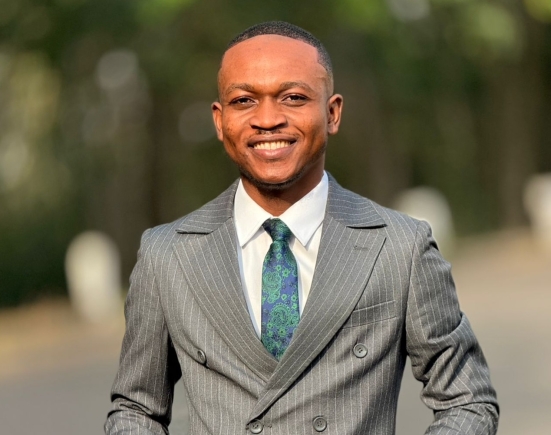Every four years, the world comes together to witness the most powerful cultural story unfold through football — a spectacle of goals, skills, saves, tackles, and emotional highs and lows. The World Cup is a global stage where politics plays in boots and jerseys — a reflection of ambition, promises, achievements, failures, and hope.
The 2026 FIFA World Cup will be the 23rd edition of the international men’s football championship contested by the national teams of FIFA member associations. It will take place from June 11 to July 19, 2026. This edition will be the first to be hosted by three countries: the United States, Canada, and Mexico. These neighboring nations — Canada to the north, the USA in the center, and Mexico to the south — will jointly welcome the world.
The FIFA World Cup is not just a game; it is an exercise in soft power projection. It allows nations to showcase their identity, heritage, and global narratives. For African countries like Ghana, South Africa, and Morocco, playing on the World Cup stage is about more than football — it is about selling their story, their culture, and their pride. For Middle Eastern nations, qualifying for the World Cup continues their global branding efforts. For European countries, the tournament is often a continuation of football dominance. For North American teams, it presents a chance to script new stories and establish themselves further in the world of football.
In the FIFA World Cup, every broadcast carries a message. From SuperSport on DStv to CNN in the U.S., from the BBC in England to GTV Sports+ in Ghana — every anthem played is a symbol of identity. Ghana’s anthem emboldens Ghanaians to be bold and defend their country. Japan’s reflects tradition and cultural heritage. France’s anthem echoes revolutionary spirit. The United States’ anthem signifies endurance and resilience.
At the 2026 World Cup, we should expect governments to add a team’s success to their political achievements — and to distance themselves from failure if the team loses. We can expect political leaders to appear in dressing rooms, giving motivational speeches or even unsolicited tactical advice. Some may even try to dictate formations and strategies.
This World Cup won’t just be about goals. Fans will cross borders with pride, draped in national flags, to support their teams and represent their nations. Will it be the end of a golden generation — Cristiano Ronaldo, Messi, Modrić, Neymar, Lewandowski — or the beginning of a new era with stars like Vinícius Júnior, Jude Bellingham, Lamine Yamal, and Jamal Musiala?
From Miami to Toronto to Mexico City, football will dance across borders. Will Africa finally lift the trophy? Will Europe write another chapter of dominance? Could North America host and win? Could Asia surprise the world, or will South America defend its legacy?
One thing is certain: the world will watch, people will cry tears of joy and heartbreak, and at the end of the day, the beautiful game will win again.
Writer’s email: Mohammedsalis572@gmail.com

